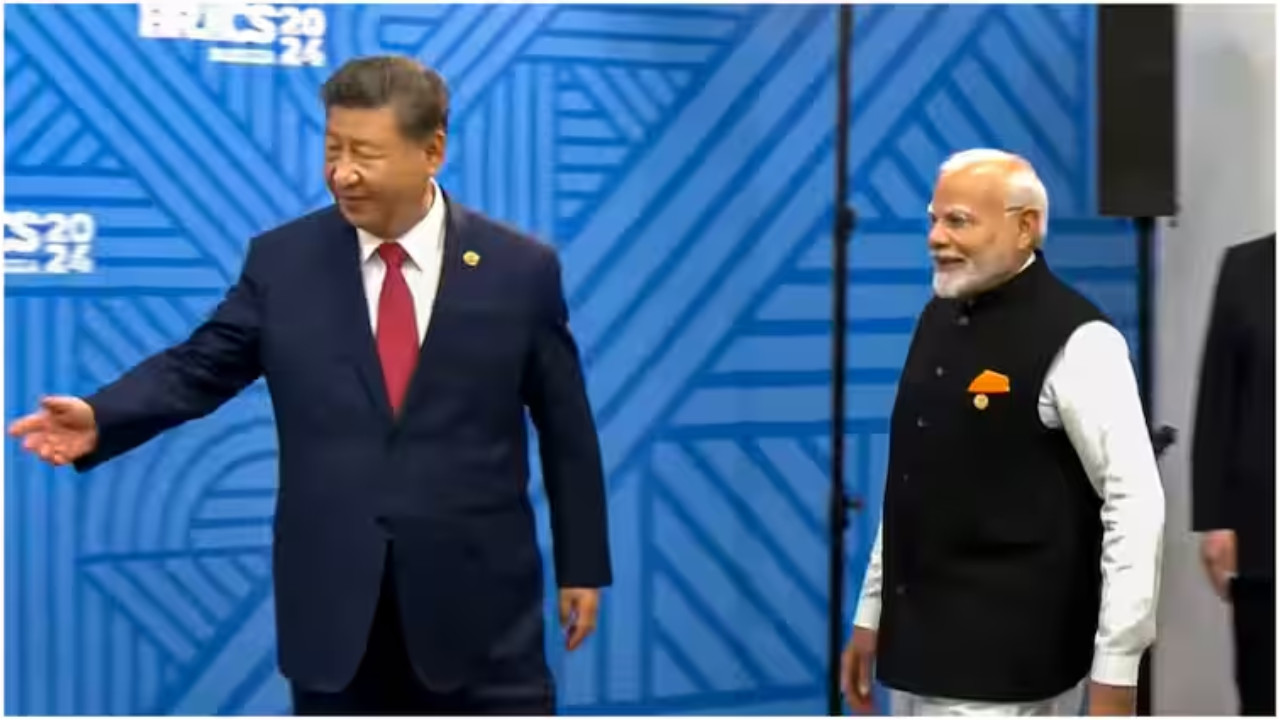
PM Modi Heads to China for SCO Summit in First Visit Since Galwan Clash (Image Source: PTI)
Prime Minister Narendra Modi is set to travel to China later this month to attend the Shanghai Cooperation Organisation (SCO) summit. This will be his first official visit to China since the 2020 clash in Galwan Valley between Indian and Chinese troops in eastern Ladakh, as reported by media
Modi’s visit aims to reduce tensions and restore friendly relations between India and China. The SCO summit is scheduled for August 31 to September 1, and Modi is expected to attend in person. His last meeting with Chinese leader Xi Jinping was during the BRICS summit in Russia in October 2024.
The SCO is a group of countries from the Eurasian region, including India, China, Pakistan, Russia, Kazakhstan, Kyrgyzstan, Tajikistan, Uzbekistan, Iran, and Belarus. It evolved from the original Shanghai Five group, founded in 1996 by China, Russia, Kazakhstan, Kyrgyzstan, and Tajikistan.
This trip comes after Modi’s scheduled visit to Japan on August 30, where he will meet Prime Minister Fumio Kishida for the annual India-Japan Summit. After Tokyo, he is expected to fly to China for the SCO meeting. However, this is more than routine diplomacy—it comes amid escalating global and regional friction.
For instance, former US President Donald Trump criticised BRICS countries for purchasing oil from Russia, arguing it undermines the US dollar’s dominance. His comments added to existing geopolitical strains, affecting multilateral groups like SCO and BRICS.
Inside SCO forums, India has also shown resistance. In June, Defence Minister Rajnath Singh took part in the SCO Defence Ministers' meeting held in Qingdao, China, but chose not to sign the joint statement. The draft ignored India’s strong stance on terrorism, especially following a 26-person Pahalgam attack. The document instead mentioned Balochistan, which India viewed as a veiled criticism of its role in regional instability. Because India stood firm, SCO chose not to issue any joint communique. Sources say China and Pakistan had pushed to soften language about terrorism and deflect attention onto Balochistan, prompting India's dissent.





Copyright © 2026 Top Indian News
